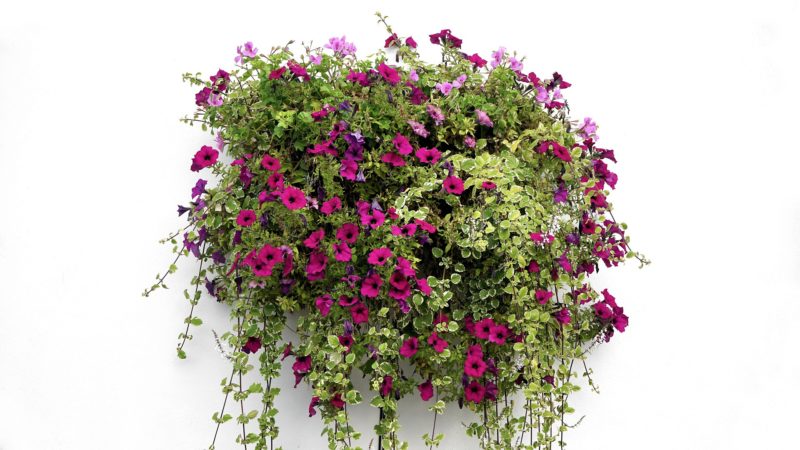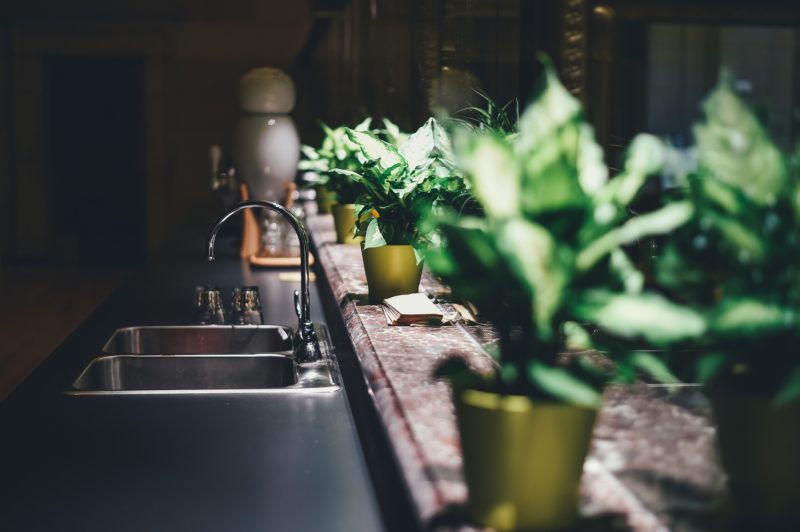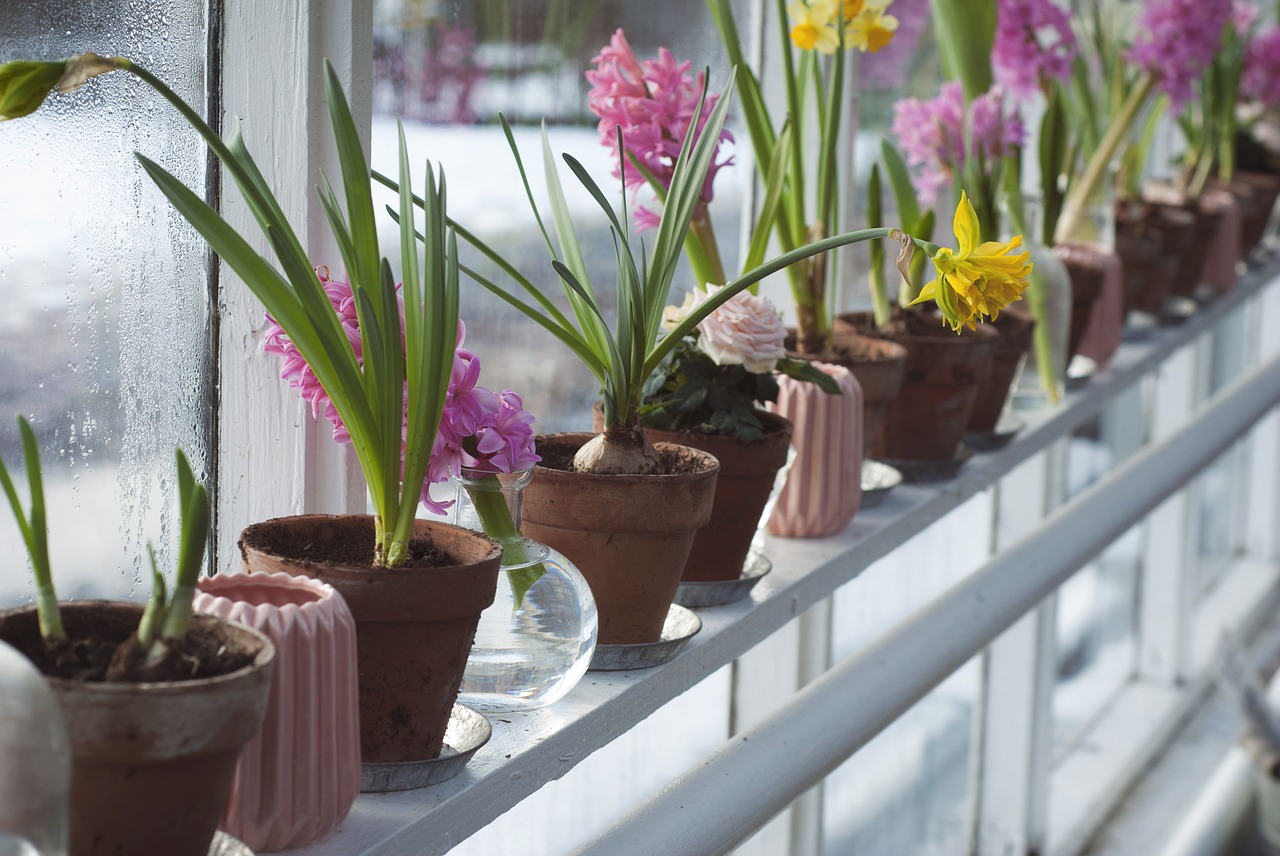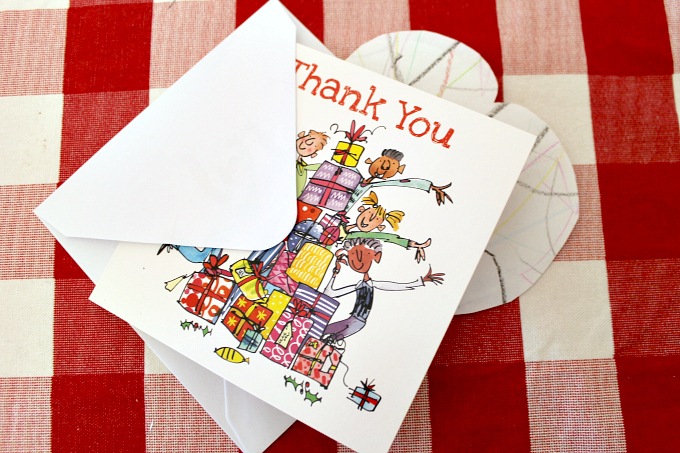
Home Content // The 21st Century Garden: How to Make the Most of a Shrinking Space*
Unfortunately for keen gardeners, the size of our green spaces is shrinking. Between 1982 and 2013, the average British garden shrunk from 168 m2 to 163.2 m2. That’s not all, it is also estimated that two million homes in Britain don’t have a garden, and by 2020 10.5% of all homes will not have a garden.
Gardeners must become more innovative and imaginative in order to get the most of their small gardens. We have teamed up with Suttons Seeds, retailers of hanging baskets and other essentials for your garden, to explore how people are coping with their limited space.

Home Gardening
For those with small gardens or none at all, there is the option to bring the garden indoors.
Indoor cultivation allows gardeners to grow their plants indoors and it is being widely encouraged. Plants such as cacti are growing in popularity as they can live in the home without many requirements or maintenance.
Introducing plants into the home comes with added benefits too. Suggested by research conducted by Mintel, 52% of home-owners claim that they now use houseplants in order to counter pollution levels within the home. This new trend, is influenced by an increased awareness of climate change and the Paris Climate Summit, and contemporary interior design inspirations such as Chinese Feng Shui.
Cost Efficiency
Following the June referendum in Britain, the sterling has fallen against the euro and the dollar; what this means for gardeners is that it is costing more for plants to be imported from foreign countries.
To garden more economically, gardeners can aim to use plants that are long-flowering and more durable so that they survive all year round. As plots shrink, cheaper container-grown flowers can be used to maximise the space whilst acting cost efficiently.
Mindful Gardening
Taking a ‘mindful’ approach to gardening means being knowledgeable about planting and allowing yourself to be creative in the space that you have. Growing old and underused varieties of vegetables, such as turnips, are also part of this trend.
Facts show that Britain has the smallest average size of new built homes in Europe (76 sq m), suggesting limited cupboard space too! Using your garden to its full potential and growing fruit and vegetables that can stay there until they need to be eaten can help address this problem.

Low-Maintenance Planting
These days, many people will have lived in a flat before they own their own home with a garden. Those living in rented spaces, such as a flat, that don’t have their own garden, spend 40-57% less than homeowners on their garden. Furthermore, the total amount of those owning a garden has fell from 80% to 77%, which means there is a gap in knowledge where gardening is concerned with younger home owners. This means that many people are not used to having a garden and may not know how to utilise it effectively.
There are many flowers that can be planted without any instructions and can then be forgotten about as they are able to withstand most weather conditions. If you are a low-maintenance gardener, these plants can be a perfect way to brighten up a small area.




